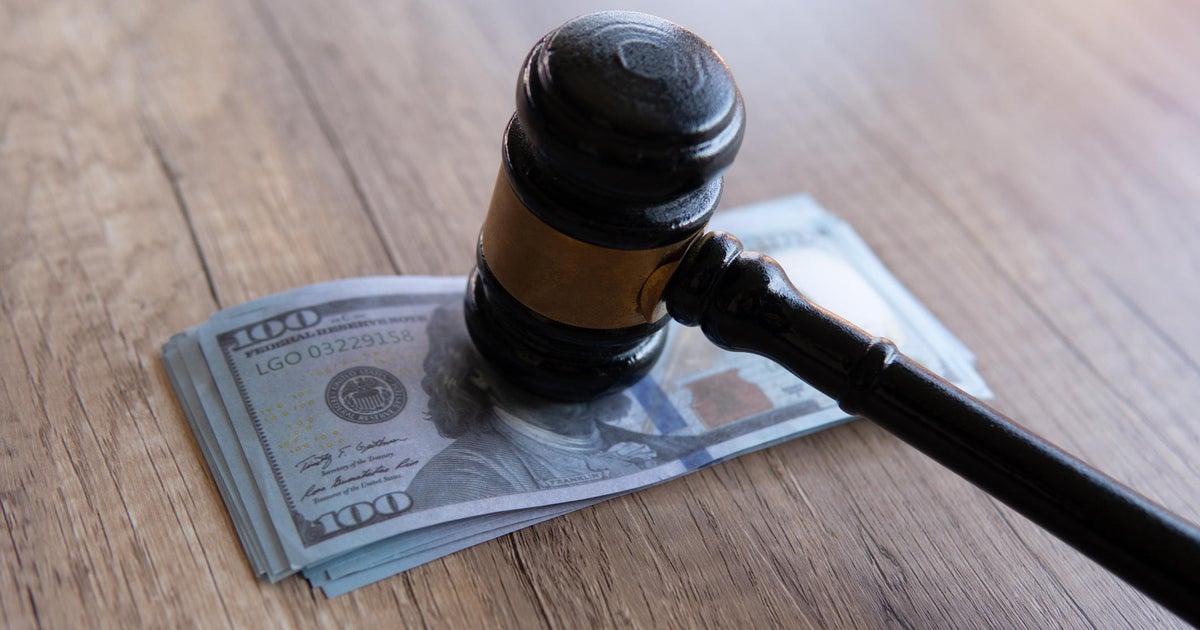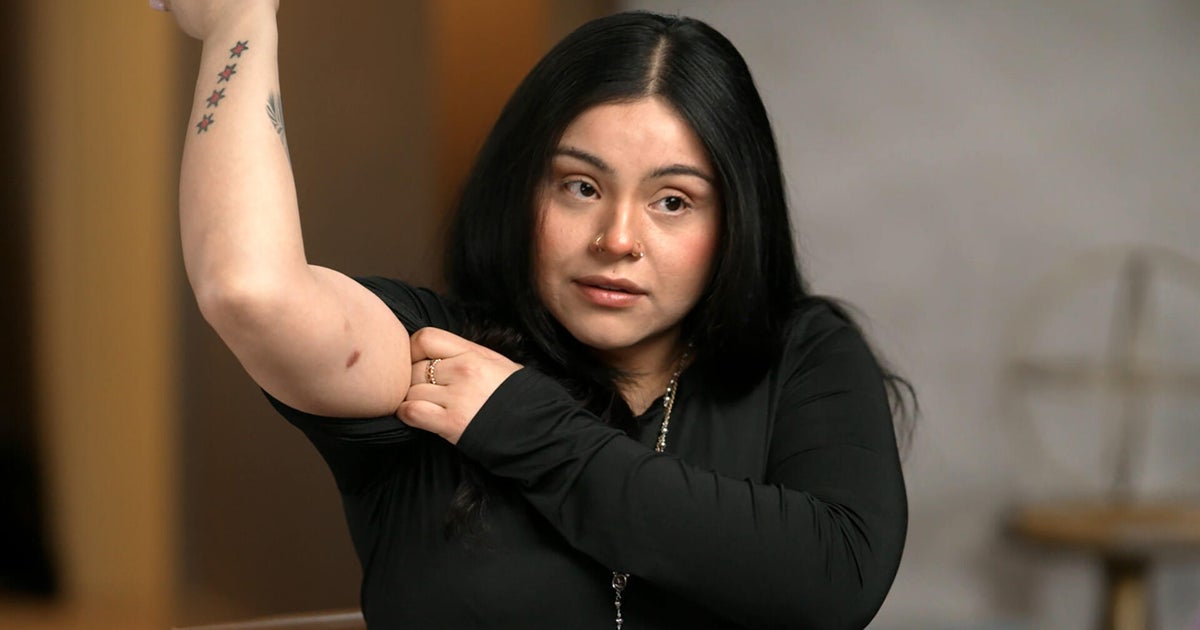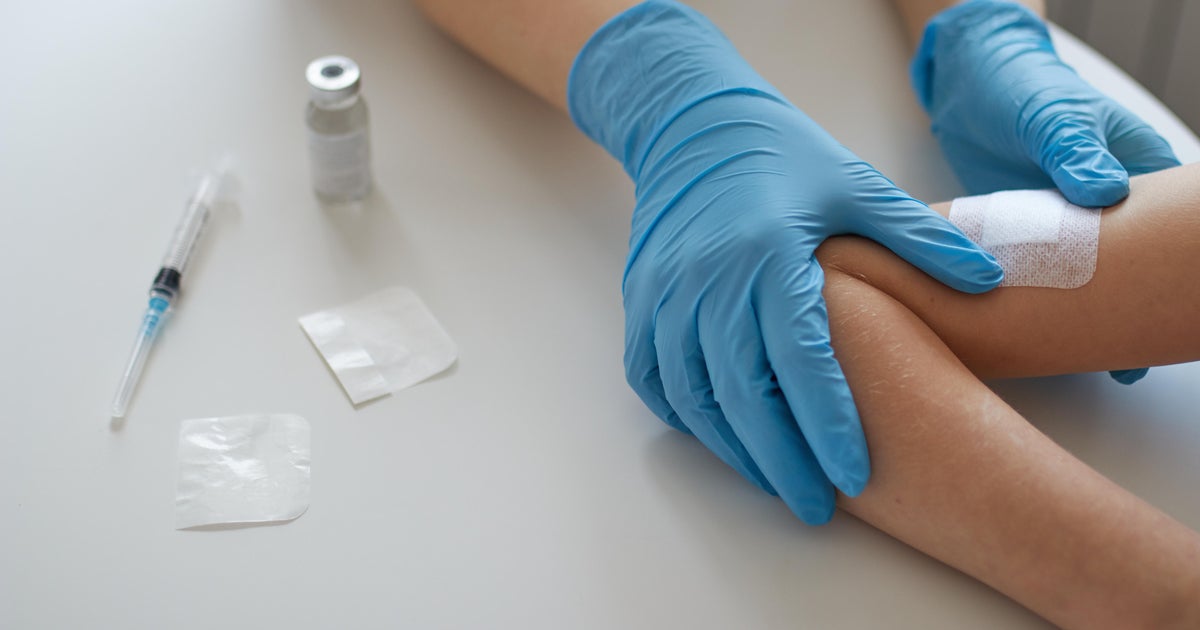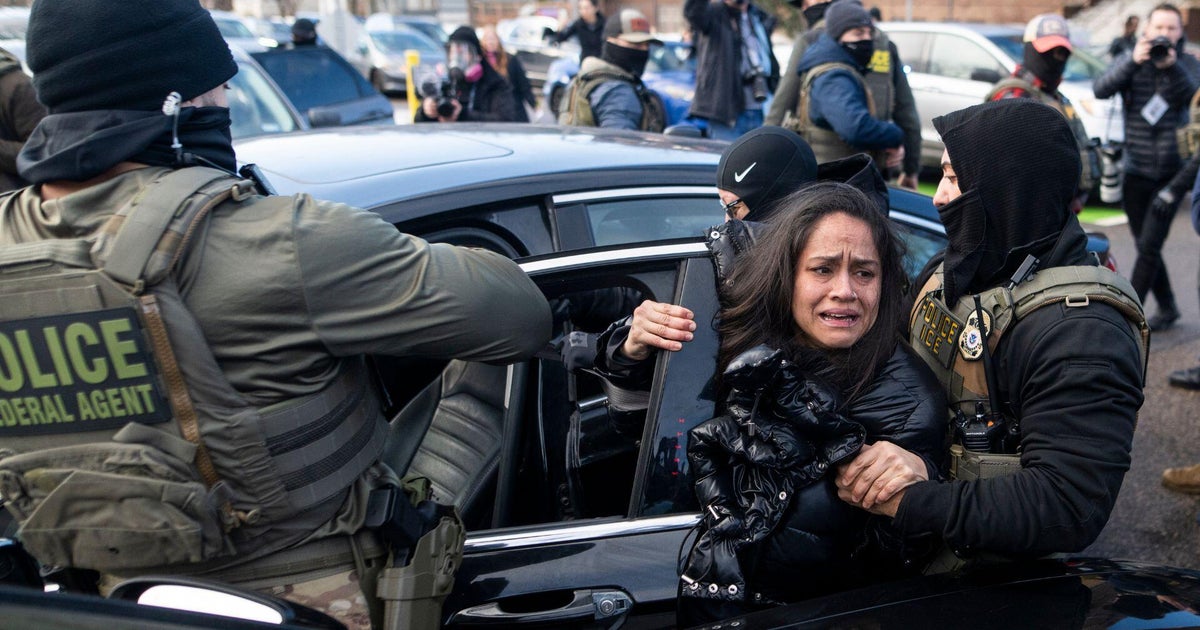The global race to stop the coronavirus pandemic
This week on 60 Minutes, correspondent Bill Whitaker interviewed the doctors and scientists working with the National Institutes of Health to develop lifesaving medications and vaccinations to end the COVID-19 pandemic.
Treating coronavirus patients
The University of Nebraska Medical Center built a biocontainment unit in response to the 2001 anthrax scare. The facility is one of the largest of its kind in the nation and treated three people who contracted Ebola starting in 2014.
The first COVID-19 patients treated at the biocontainment unit were onboard the Diamond Princess cruise ship. At least 700 passengers and crew on the vessel contracted the virus.
This month, a local woman with COVID-19 was brought to the facility in an isopod, a specialized bubble-like gurney, which helps protect medical workers from contracting the virus.
Dr. Angela Hewlett, the medical director of the biocontainment unit, told 60 Minutes not every patient requires this type of transport.
The biocontainment unit is isolated from the rest of the medical center and equipped with its own ventilation system and security access. About 100 nurses, therapists and doctors staff the unit.
COVID-19 antiviral drug begins clinical trial
In February, the National Institutes of Health tasked the University of Nebraska Medical Center with conducting the first clinical trial of an antiviral drug in the United States.
The medication Remdesivir is being administered intravenously to a select group of patients who have already contracted COVID-19.
"This is the fastest clinical trial that I've ever seen come to fruition in this amount of time," Hewlett said to Bill Whitaker.
Hewlett told 60 Minutes remdesivir works by preventing a virus from replicating and reproducing.
The drug was previously used on Ebola patients with limited success. According to Hewlett, it has shown promise in the lab when tested against Severe Acute Respiratory Syndrome (SARS) and Middle East Respiratory Syndrome (MERS), both coronaviruses.
COVID-19 vaccine begins human trials in U.S.
The first American company to team-up with the NIH to begin human trials on a COVID-19 vaccine is Moderna.
"Once you realize that you can essentially put a software-like program into a cell, the opportunities to address human disease are pretty broad," said Dr. Stephen Hoge, president of Moderna.
Forty-five healthy volunteers will receive the vaccination over six weeks and then be monitored for a year.
It took Moderna 42 days to make the vaccine available for clinical trials, according to Hoge.
Second vaccine prepares for human trials
Inovio Pharmaceuticals is working to create a COVID-19 vaccine based on cutting-edge DNA biotechnology.
Kate Broderick, senior vice president of research and development at Inovio, told 60 Minutes her team used a computer algorithm to generate a vaccine design in three hours. The company attained the genetic sequence of the new coronavirus after Chinese scientists posted it online in January.
"All we need is that genetic code," Broderick stated. "It's just a series of A's, and T's, and C's, and G's that make up the blueprint to the virus."
Broderick says Inovio's vaccine hopes to trigger the body to identify the virus and produce functional antibodies to attack a key piece of it.
Inovio is testing its vaccine on animals and expects to begin human trials in April.
When to expect large-scale vaccine roll out
Moderna and Inovio are both working feverishly to bring a COVID-19 vaccine to market and quell the pandemic.
Hoge told 60 Minutes Moderna is investing in large-scale production in order to produce millions of vaccinations if brought to market. Hoge said it could be a year before a vaccination is available for large-scale distribution.
"If we're able to show there's a clear benefit, we're going to need to be able to make sure that it's accessible to everybody who needs it," he said.
Broderick said Inovio hopes to begin a phase two trial by the end 2020.





